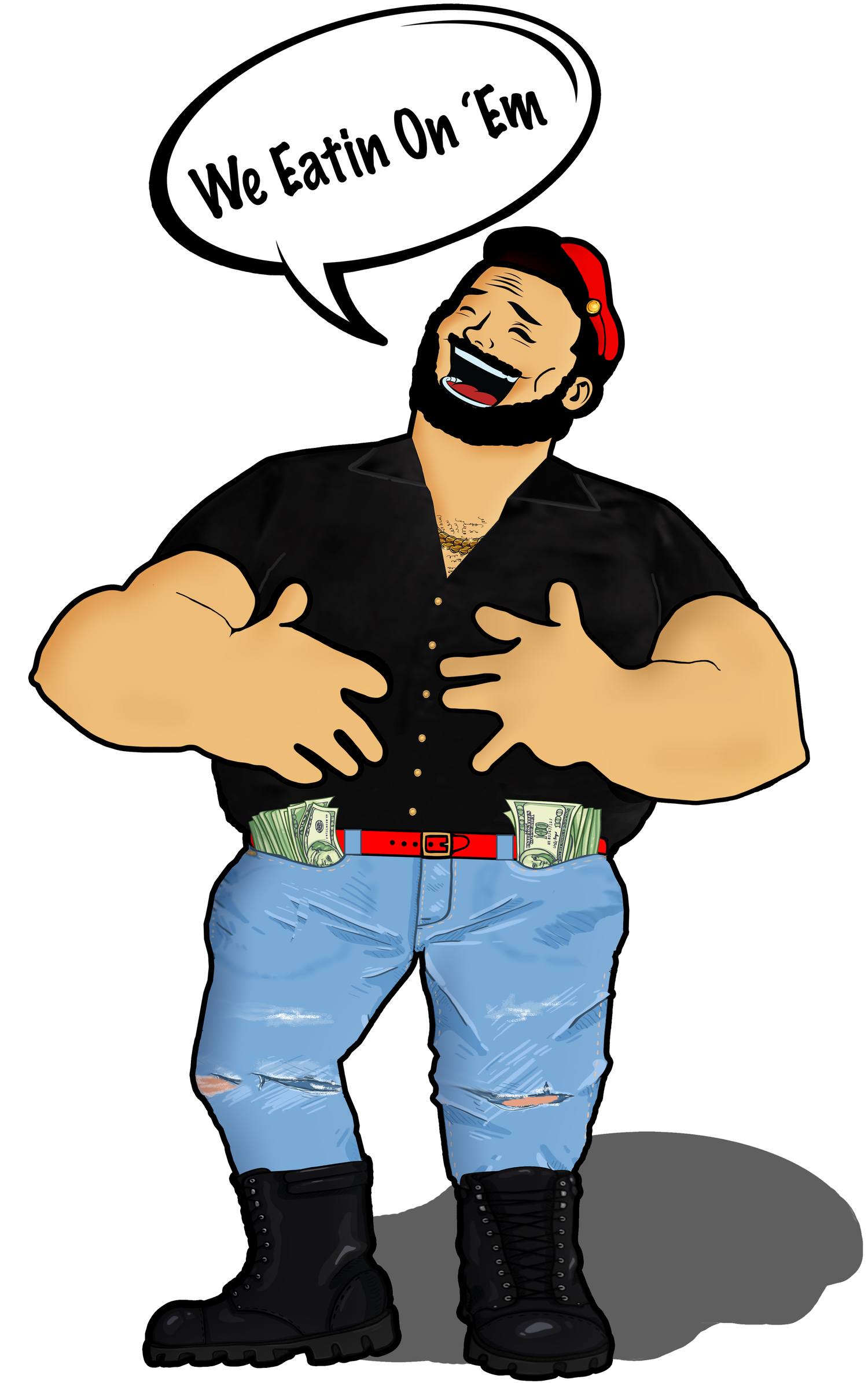Blog #2
In the ever-evolving world of fashion, a growing movement is weaving its way through the fabric of the industry, the sustainable clothing revolution. As consumers become increasingly conscious of their environmental footprint, ideologies, myths, and cultural codes play a pivotal role in shaping the narrative around ethical and eco-friendly fashion.
Ideologies:
A belief that individuals have a duty to protect our planet. This ideology challenged us to rethink the consequences of our fashion choices and consider the impact of each garment on the Earth. In contrast to the fast-paced, disposable culture of fast fashion, the slow fashion movement preaches a different gospel. It encourages us to embrace quality over quantity, fostering a mindset that values timeless pieces and sustainable practices. It is a departure from the “wear it once” mentality, advocating for a wardrobe built to last. Imagine a world were nothing goes to waste. This the vision of the circular economy ideology. It emphasizes the importance of recycling, upcycling, and reusing clothing, creating a closed-loop system that minimizes environmental impact. “Turning waste into resources”.
Myths:
Myths surrounding sustainable clothing is the notion that it’s a luxury reserved for the elite. Sustainable fashion comes in all prices ranges. By investing in high-quality pieces that endure trends, consumers can build wardrobe that transcend seasons without breaking the bank. Contrary to the fast fashion mantra of “more is better,” the sustainable myth champions quality of quantity. It seams with cheap, disposable fashion is the key to a stylish existence. Ethical fashion is far from old fashion. Today’s sustainable clothing market is a vibrant tapestry of style, innovation, and diversity. Ethical fashion proves that you can look good while doing good.
Cultural Codes:
Are the threads that bind communities in the realm of sustainable fashion. Story telling is a powerful cultural code. Brands share the journey of their garments, from the sourcing of eco-friendly materials to the hands that meticulously craft each piece. Symbols and icons serve as cultural notes, carries complex ideas in a single image. In sustainable fashion, symbols representing eco-friendly practices and icons who champion ethical choices become beacons, guiding consumers toward conscious choices. As cultural codes evolve, fashion becomes a canvas for self-expression. Sustainable clothing is not just about what you wear but a statement of your values. It’s a declaration that you care about the planet, about the hands that made your clothes, and about the legacy you leave behind.
